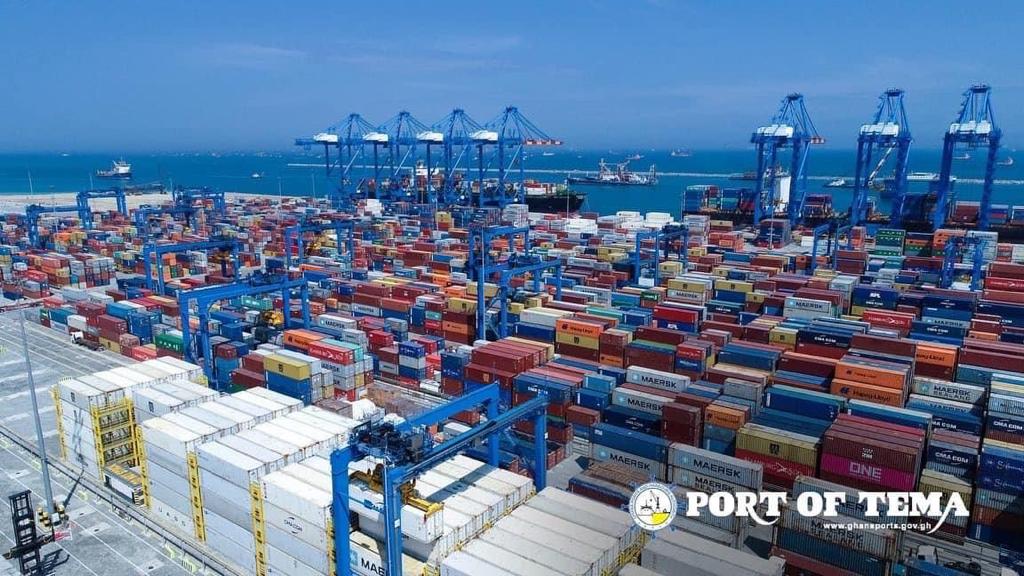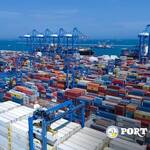Effective January 2023, the 30% discount on import values of general goods and 10% discount on home delivery value (HDV) of used vehicles will no longer apply.
Consequently, valuation of all goods will continue to be done in line with the World Trade Organization (WTO) valuation agreement, WCO Customs Valuation Compendium and the customs act 2015 (act 891) section 60 on used motor vehicles and section 67 relating to general goods.
In a notice to the trading public, Ghana Revenue Authority (GRA) has scrapped the policy in its entirety.
Benchmark Value Discount Policy introduced in April 2019
In an attempt to make the Ghanaian ports competitive, reduce smuggling and increase government’s revenue from the port, government in April 2019 introduced Benchmark Value Discount Policy.
50% discount on general goods
The policy provided a discount of 50% on the delivery or benchmark values of imports with the exception of vehicles.
30% discount on used vehicles
The delivery values for used vehicles were reduced by 30%.
Govt loses GH¢9bn
Government lost nearly GH¢9 billion in revenue from taxes generated on imported goods as a result of the introduction of the benchmark values which resulted in reduction of duties.
The amount was lost between April 2019, when the implementation of the policy started, and March
Traders did not reduce prices
Despite the reduction in duties, there was no corresponding reduction in the prices of imported goods on the Ghanaian market.
AGI opposes policy
Association of Ghana Industries (AGI) opposed the policy arguing that it had cheapened imports and dampened demand for local substitutes, leading to the collapse of local manufacturing companies.
The Association made the point that while a number of countries offered export rebates to their firms to develop export trade, Ghana’s benchmark discount policy offered universal import rebate that only promoted importation and that policy distorted the micro and macro-economic fundamentals.
Guided by the overarching framework of Ghana’s industrial transformation agenda, one district, one factory (1D1F) initiatives, Planting for Food and Jobs, Fertilizer subsidy and Ghana’s export development agenda, the AGI is of the view that the benchmark discount policy in its current form runs counter to the government’s own agenda to industrialise.
In the 2022 Budget Statement, indicated government’s intention to review the policy in respect of all imports followed by a communication to remove the discount policy.
The government however suspended moves to remove the discount policy to allow for extensive stakeholder engagement on the viability of the policy and its impact on both government revenue and the domestic manufacturing industry.
Policy reviewed in March 2022
After extensive stakeholder engagements the discount offered for vehicles was reduced from 30% to 10% while discount for all other goods was also reduced from 50% to 30% effective on Tuesday, March 1, 2022.
Now, the government has completely scrapped the policy.




